Keywords: Security
There are more than 200 results, only the first 200 are displayed here.
-
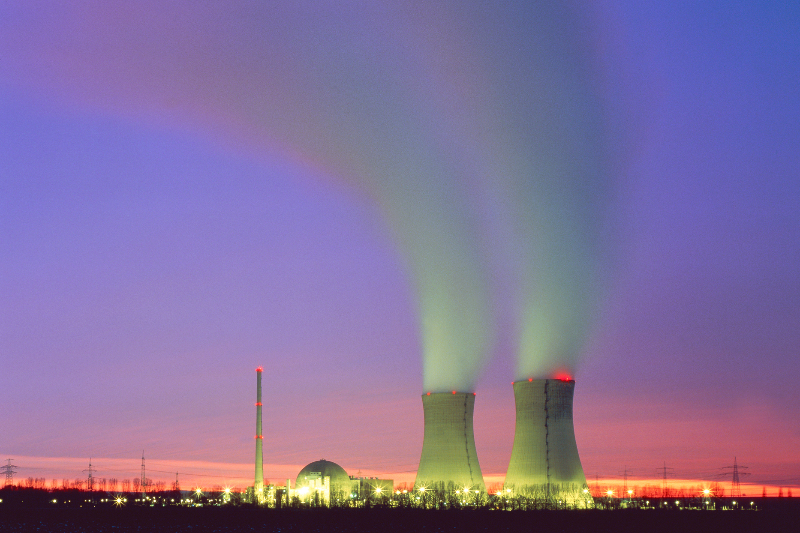
AUSTRALIA
- Andrew Hamilton
- 23 September 2021
15 Comments
Unlike December 25, September 26 is a World Day that passes by in silence. It calls for the Elimination of all Nuclear Weapons. Nuclear power is too mysterious to understand, too horrific to dwell on, and too far away to take responsibility for. It and its destructive power are unthinkable. And yet it continues to press on us, most recently in the announcement that Australia will build nuclear-powered submarines.
READ MORE 
-
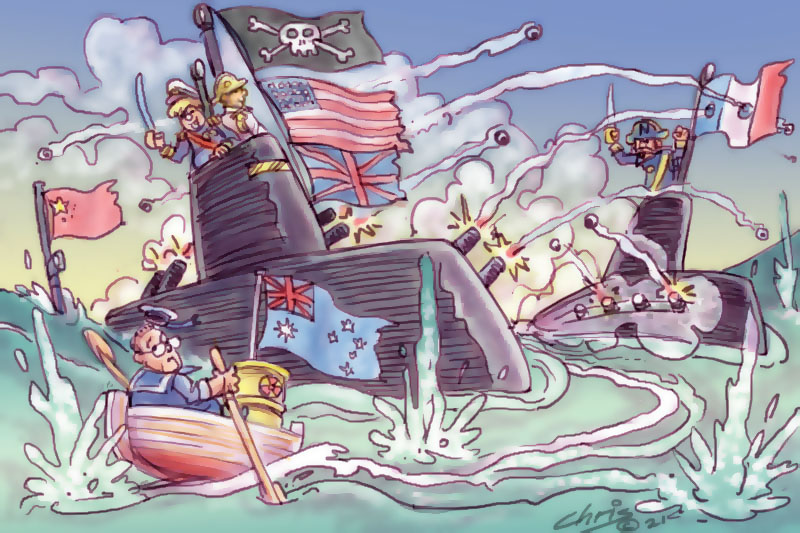
INTERNATIONAL
- Binoy Kampmark
- 20 September 2021
31 Comments
Defence is a costly business, and few branches of defence are more costly, and questionable, than a country’s submarine capability. Since 2009, Project SEA 1000, the name for Australia’s Future Submarine program, has fascinated strategists and defence planners. In 2016, this resulted in an agreement with the French submarine company DCNS (now called Naval Group) to build an un-designed attack class vessel. Other contenders in the competitive tender — Germany and Japan, for instance — had existing models.
READ MORE 
-

AUSTRALIA
- Andrew Hamilton
- 15 September 2021
7 Comments
A striking feature of the Australia’s path through Coronavirus has been the coming out of epidemiologists and social biologists. From being little known members of small institutes they became rock stars, invited to press conferences, deferred to by politicians, selectively chosen for comment by the media, but also resented by representatives of big business and defenders of individual freedom.
READ MORE 
-
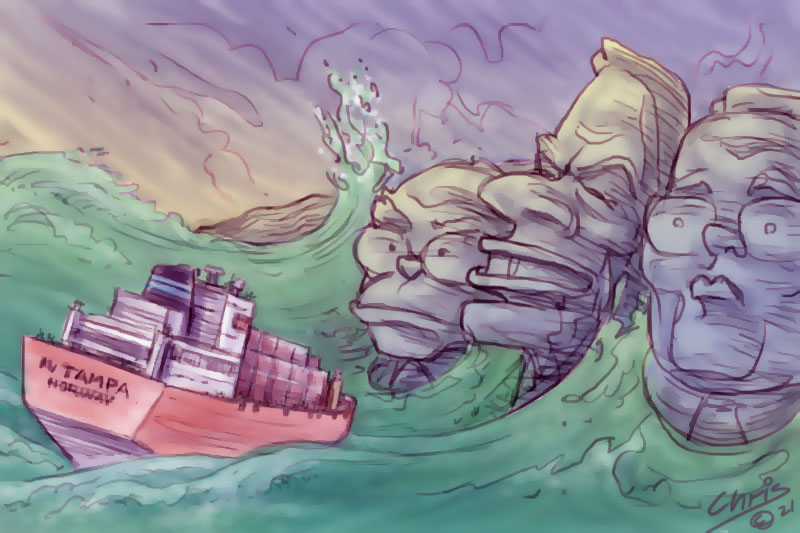
INTERNATIONAL
- Binoy Kampmark
- 07 September 2021
23 Comments
It took 438 desperate human beings upon the overladen wooden fishing boat, the KM Palapa, to present Australia’s Howard government in August 2001 with an electoral opportunity. At first, there was feigned ignorance from Canberra about any signs of desperation. The vessel, lacking power, lay some 100km off Christmas Island. Despite a coast guard plane noting men jumping up and down on the roof in a frenzy, nothing was initially done.
READ MORE 
-

AUSTRALIA
- Andrew Hamilton
- 02 September 2021
11 Comments
As restrictions drag on and the number of infections rises, more Australians are asking when lockdowns can cease. Federal politicians and business leaders have argued the case for a quick ending while claiming the authority of scientists. Science being science, the relevant questions have been tied to numbers. They have asked: how few cases should there be in the community before leaving lockdown? What percentage of the community must be vaccinated before the lifting of restrictions? What number of deaths should be tolerated for the gains of opening the economy? And when precisely should the opening of Australia take place?
READ MORE 
-

ARTS AND CULTURE
- Michael McGirr
- 02 September 2021
15 Comments
There is a curious world called LinkedIn, a social media site for people trying to nurture their careers. The problem with it is that the participants are expected to take themselves more seriously than they might in what we used to call real life. LinkedIn has a culture of self-importance that cracks me up every time. There is nothing quite as funny as utter humourlessness.
READ MORE 
-
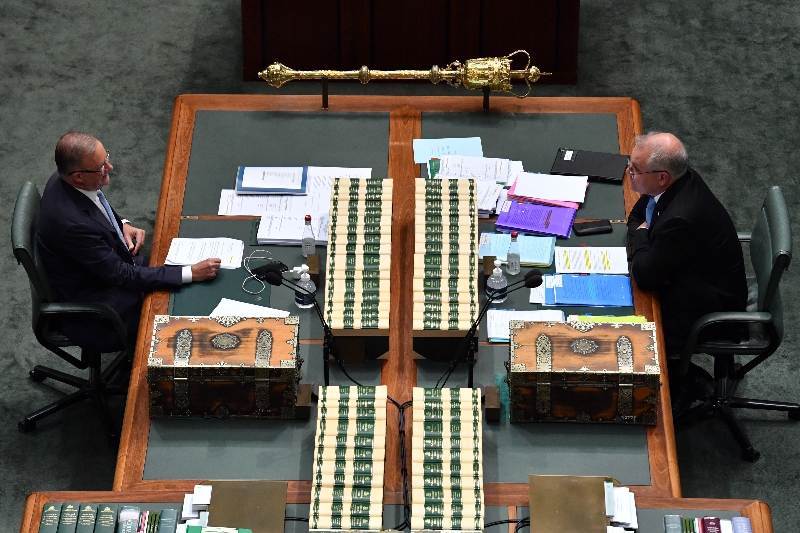
ECONOMICS
- Chris Smith
- 31 August 2021
11 Comments
In July, Anthony Albanese announced a significant change of stance on Labor tax policy which was disappointing, if not surprising. An elected Labor government, Albanese promised, would keep the coming high income tax cuts he previously opposed. This decision to not oppose the government proposal to restructure the income tax system through reduced marginal rates is supporting a government policy that will lead to a significant redistribution of wealth towards high income earners.
READ MORE 
-

ARTS AND CULTURE
- Gillian Bouras
- 19 August 2021
10 Comments
My son’s Athenian flat was burgled last month. I had been visiting Athens for the first time in more than a year, and so was with the family when they arrived back, after a fairly brief evening absence, to sheer chaos. Anybody who has had this experience will be able to picture the scene: every drawer and cupboard had been opened, with the contents spilled and strewn everywhere. Even the loft had been checked.
READ MORE 
-
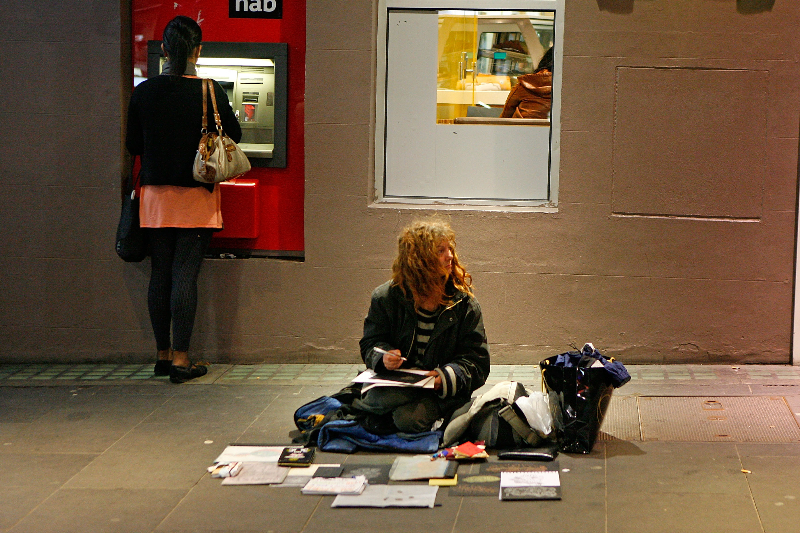
ECONOMICS
- John Falzon
- 10 August 2021
13 Comments
When you put rising housing costs alongside stagnating wages, an alarming trend in normalising insecure work, persistent unemployment and underemployment, and statutory incomes that are going backwards in real terms, there’s good reason to be deeply worried about an increase in homelessness.
READ MORE 
-
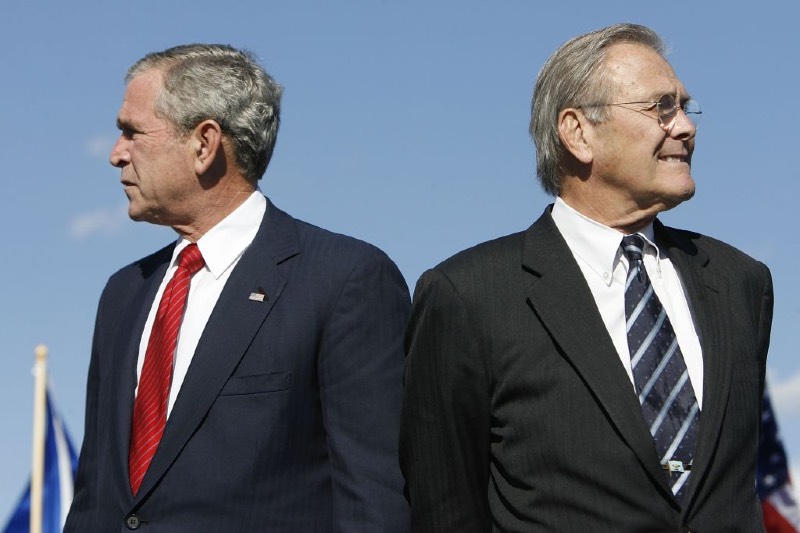
INTERNATIONAL
- Binoy Kampmark
- 22 July 2021
13 Comments
The late Donald Rumsfeld, twice US Secretary of Defense, a Fortune 500 CEO, and congressman for three terms, did not let evidence and the firmness of facts trouble him. If he had a cause to pursue he would. Morality was merely an impediment to service.
READ MORE 
-
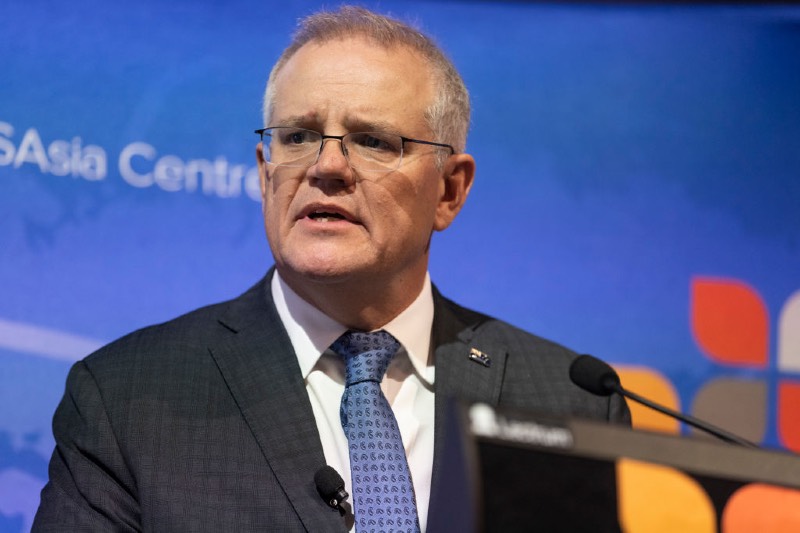
INTERNATIONAL
- Joseph Camilleri
- 15 July 2021
17 Comments
The souring of relations with China is driven not just by prime ministers, foreign and defence ministers, or even by Cabinet. It is the product of converging interests with immense reach and influence.
READ MORE 
-

AUSTRALIA
- Cristy Clark
- 13 July 2021
16 Comments
Although there has been a reasonable level of attention paid to governance issues — such as the incredibly slow vaccine roll out, the ongoing problems with hotel quarantine, and the timing of the lockdown itself — Sydney’s current lockdown has also been marked by an unhelpful focus on individual actions.
READ MORE 